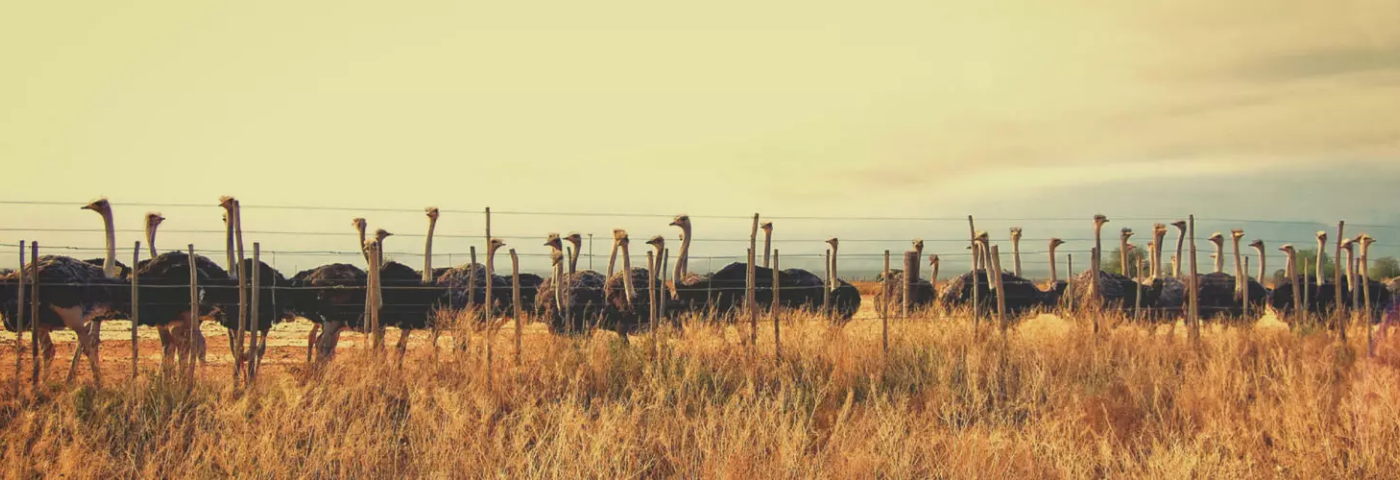From which accommodation categories have been hardest hit, to where South Africans are spending their cash – spoiler alert, look no further than Builder’s Warehouse – we unpack the facts and figures highlighting the opportunities for domestic tourism…
Turning the “no reason to travel” domestic tourism segment and targeting the hyperlocal, micro-niches that exist are just two of the opportunities that have emerged as tourism stakeholders seek to sweat domestic tourism while international travel remains fluid.
Joining Africa Travel Week to unpack these opportunities and insights is Kate Rivett-Carnac, a tourism and green economy researcher and strategist, who currently provides independent advisory services and also serves as an independent non-executive director of South African Tourism.
For Kate, despite the “tough times”, several opportunities exist for tourism stakeholders in South Africa to leverage the domestic tourism segment, recognising that we’re not just talking about tourists, but also local visitors who may be spending their money on home improvement instead of enjoying the local experiences on offer on their doorstep.
Data shows a large proportion of South Africans who, prior to the pandemic, had “no reason” for not travelling, which Kate says is a major opportunity for tourism stakeholders. Our role in tourism is to ensure our experience is welcoming and that we are communicating more effectively what the value of our experience is to these with a clear call to action on how to access it, she says.
With over six million outbound departures by South Africans in 2019, a further opportunity exists in tapping into the displaced regional and international travel. “There’s an opportunity here. We have to ask how we target and communicate with this market, what they were doing on those trips? We need to know whether it’s possible to create the same type of experience in South Africa and, if not, what else would that segment be interested in,” says Kate.
Look at the leisure family, small group market segment; outdoor activity based markets by working with clubs to build interest, then extend to overnight; and don’t forget the day trippers and locals ensuring you offer tours, attractions and activities that may be popular, even within a micro-niche or hyperlocal community.
Dive into the stats, insights and inspiration shared by Kate as a prelude to our Domestic Tourism talk during Africa Travel Week on 7 April at 10h30. To check out the full content programme, click here.
About Kate Rivett-Carnac
With more than 20 years of planning and advisory experience, Kate Rivett-Carnac has a MPhil degree in sustainable development from Stellenbosch University and has worked as a Director within national government, an advisor and manager at a development finance institution and as a special advisor to a national minister.
Kate’s extensive research and planning experience in Tourism includes having led and participated in the design of tourism economic development strategies, investment strategies, research on value chains, market access strategies, business development support, and financial due diligence, amongst others. Over the years she has also served on a number of Ministerial expert panels for national tourism strategy development and reviews.
Over the past year, since the onset of the pandemic, Kate has authored a number of concept notes and thought pieces, including on Covid’s possible impacts on tourism’s supply chains and on the general impact of Covid-19 on market demand for tourism to South Africa. She is also an author of the Presidency’s official country report on Covid-19 and currently advises a number of international clients on tourism development within national economic plans and regional strategies.



